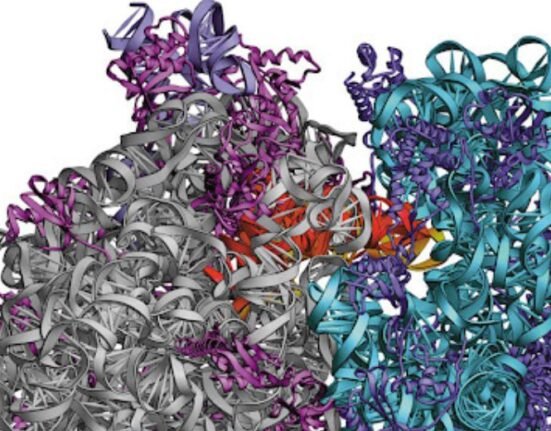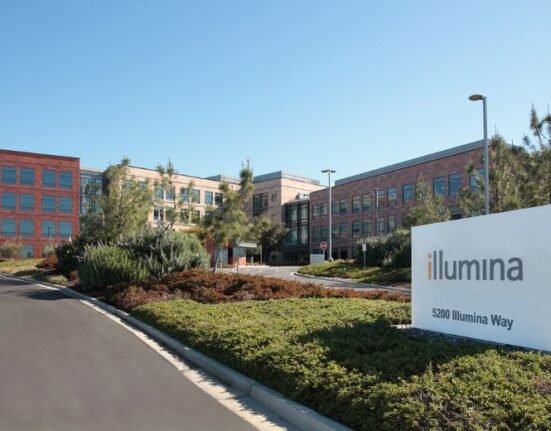HQ Team
August 24, 2024: Tome Biosciences, a US company engaged in gene editing, will lay off 131 employees as it plans to reduce costs, according to a Worker Adjustment and Retraining Act filing with the Massachusetts government.
In 1988, Congress enacted the Act, commonly known as WARN. It ensures workers have ample time to prepare for job transitions. This may include sharing information on new job opportunities or offering retraining before job loss.
The Watertown, Massachusetts-based Tome will lay off the employees between November 1 to 14, according to the filing.
A timely WARN filing can prevent class-action lawsuits against the company. The early warning also benefits the business. It can shorten the time that employees are on unemployment insurance. It therefore may lower the insurance charges associated with the layoff or closing.
‘Programmable genomic integration’
Tome Biosciences acquired Replace Therapeutics in a $65 million deal that gave the startup new tools to edit the genome. In December 2023 it announced that it had received $213 million in two rounds of funding.
The financial backers included Longwood Fund, Bio + Health, Arch Venture Partners GV and a16z.
The company’s technology platform was dubbed “programmable genomic integration,” or PGI, and based on research in-licensed from the Massachusetts Institute of Technology.
The CRISPR-based platform was designed to insert varying sizes of genetic material anywhere in the genome without damaging or breaking DNA. Tome planned to initially use it to create gene therapies for liver disorders and cell therapies for autoimmune diseases.
In-licensing is a strategic process that involves a company, known as the licensee, acquiring external products, technologies, or intellectual property rights from other companies or organizations
The company claimed its technology could produce more potent or safer cell therapies, or target diseases that other genetic medicines could not.
Tome is led by Rahul Kakkar, the former CEO of autoimmune drugmaker Pandion Therapeutics, which sold to Merck & Co. for $2 billion in 2021.
The company is developing two technologies capable of PGI, according to data presented at the American Society of Gene & Cell Therapy in May.
‘User-defined location’
One is for for integrating large DNA sequences (>1,000 base pairs) and the other integrating small DNA sequences (1-100s of base pairs).
The first one works by first inserting a unique sequence into the genome in a user-defined location. This sequence provides a beacon for a proprietary integrase to recognize and subsequently insert the provided DNA sequence of interest.
The second can insert any small template DNA sequence into the genome at a user-defined location. Both technologies can edit the genome without depending on a double-stranded DNA break.
“We are writing the final chapter in genomic medicines, delivering cures to patients through cell and integrative gene therapies,” according to a company statement.








